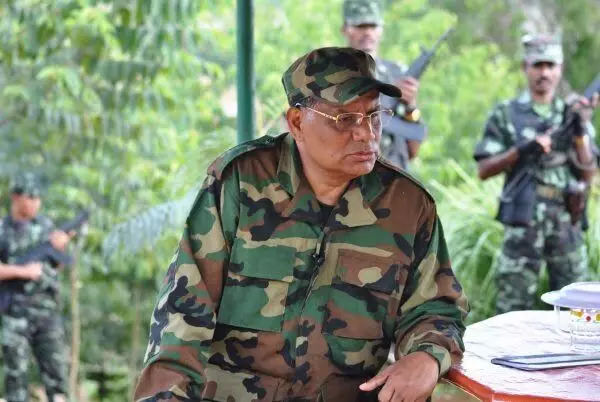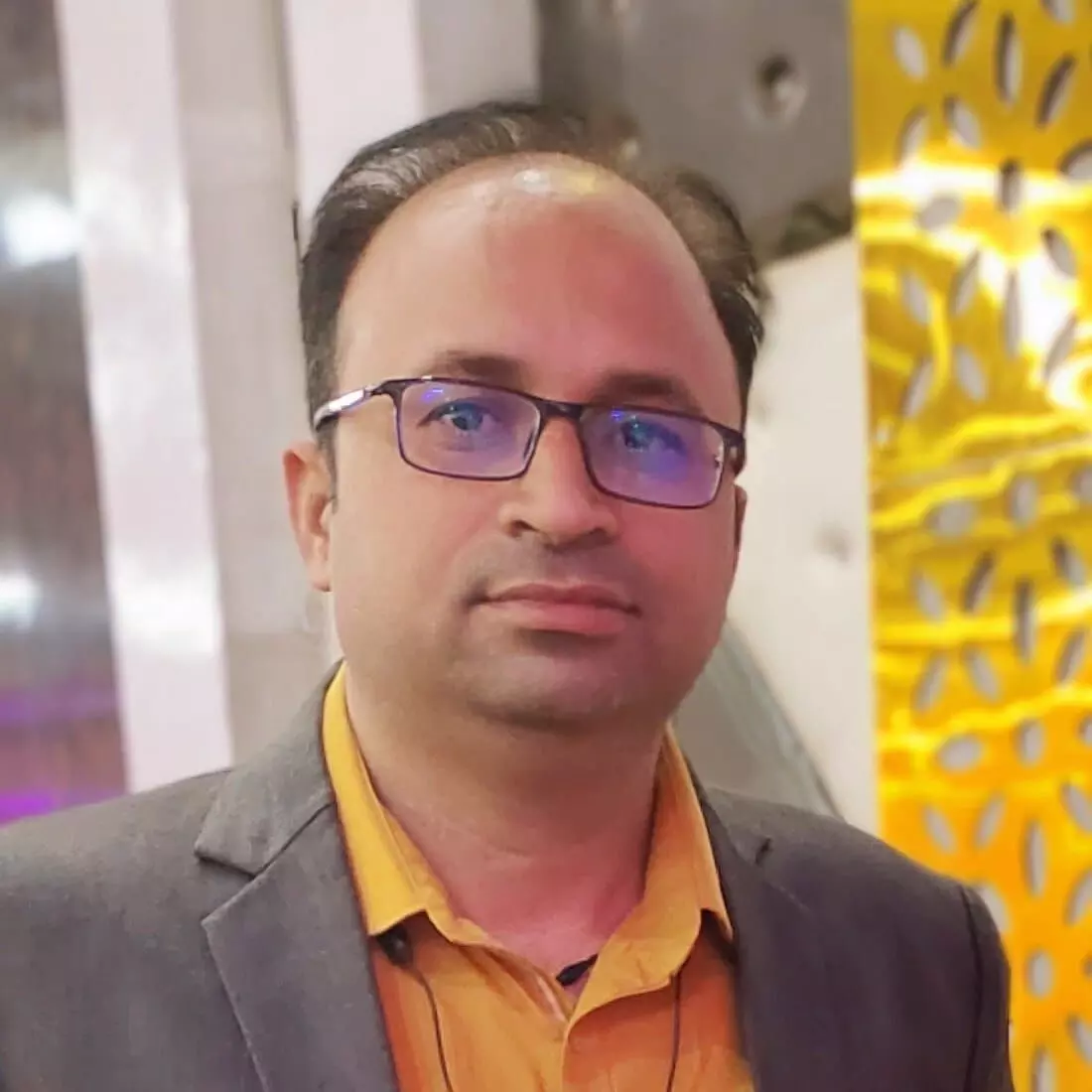The Rebel Who Refuses to Fade: Why Paresh Baruah Still Commands Respect in Northeast Geopolitics

From his humble beginnings as an Assamese youth drawn into rebellion in 1979, to becoming a legendary figure in the geopolitics of India’s Northeast and its neighborhood, Paresh Baruah, the leader of ULFA (I), remains an enigmatic and enduring character. Even after four decades marked by failures, setbacks, and isolation, he continues to command respect and attention — not just in Assam, but also in the wider theatre of Myanmar, Bangladesh, and Bhutan.
While most of his former comrades have long abandoned the idea of a sovereign Assam and Tripura, choosing instead to settle into the comfort of government amnesties and pensions, Paresh Baruah persists — pinning hope against hope, carrying forward a dream many consider obsolete.
What makes him remarkable are several aspects of his personality, tactics, and vision:
---
1. From Assamese Rebel to Northeast Commander
Baruah has evolved far beyond being a parochial Assamese insurgent. Over the years, he has become the de facto commander and mediator of the region’s Ethnic Armed Organizations (EAOs), bringing under one platform a spectrum of movements from Manipur, Nagaland, Tripura, Bodo areas, and even the Koch-Rajbongshi community — all with similar aspirations for self-determination. This transformation from local rebel to regional leader has made him indispensable to the militant ecosystem.
---
2. Physical and Mental Discipline
Despite being in his seventies, Baruah is said to maintain excellent physical fitness — a trait not just of vanity, but of military discipline and preparedness. This commitment to health and endurance has contributed to his ability to continue leading from the front, rather than slipping into irrelevance like many of his contemporaries.
---
3. Diplomatic Neutrality and Mutual Respect
One of his most astute qualities is his ability to maintain neutral and respectful relations with diverse groups, some of whom have historically been rivals — like the Nagas and Meiteis. By practicing a policy of mutual support and avoiding unnecessary antagonism, Baruah has positioned himself as a trusted figure even among groups outside Assam. This diplomatic skill has paid dividends, earning him legitimacy and influence far beyond ULFA’s original constituency.
---
4. Strategic Power-Sharing and the WESEA Platform
By spearheading the creation of the WESEA (Western Southeast Asia) platform, Baruah has carved out a safe and cooperative base where multiple movements can operate, coordinate, and even enjoy a semblance of normalcy while keeping their cause alive. From this base, he can still project power, make statements, and influence the regional narrative — even if the operational capability of his group has diminished over the years.
---
5. The Power of a Myth — and a Dream
Perhaps the most striking facet of Paresh Baruah’s personality is his refusal to let the dream die — even when defeat seems certain. This was most vividly expressed during a conversation with a close Assamese friend after the death of LTTE leader Velupillai Prabhakaran in 2009. When asked about his own future, Baruah reportedly replied with a quiet but resolute line:
> “Yes, I will die, but not our dream.”
His story embodies a universal truth about conflict and leadership:
> “In war, the strong make themselves known, but the wise make themselves remembered.”
Even though many argue his vision of sovereignty is unattainable and his struggle futile in the modern geopolitical order, Paresh Baruah’s name still commands fear, respect, and fascination. From the jungles of Sagaing to the valleys of Brahmaputra, his voice continues to roar — perhaps more as a symbol of defiance than a threat of revolution.
His journey, with its failures, resilience, and refusal to surrender, has ensured that while he may someday fall silent, his dream, as he promised, may yet endure.
